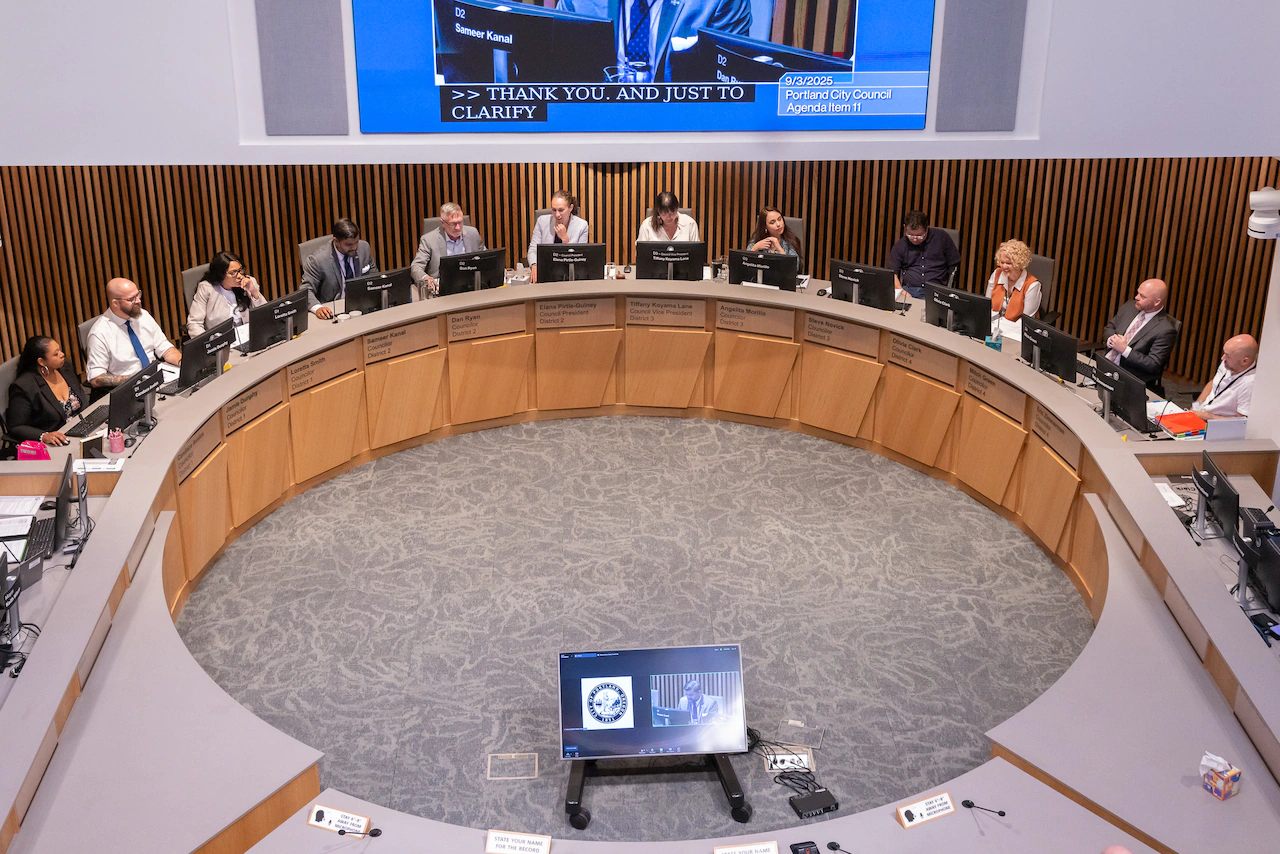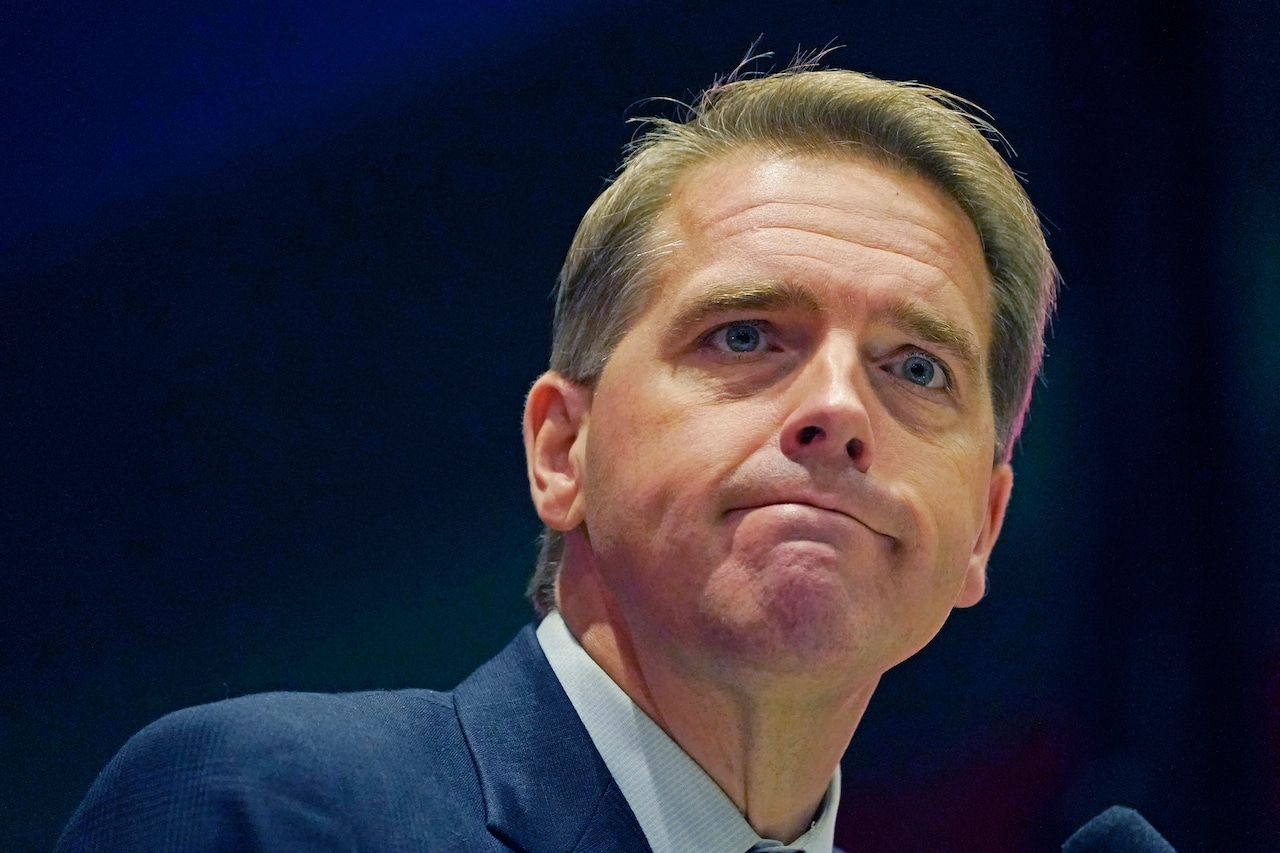
Transitioning to Portland’s new form of government was always going to be an exercise in trial and error.
With just a broad framework for the roles and responsibilities of the mayor, city administrator and expanded City Council, there were plenty of blanks for leaders to fill in during this first year. The challenges were especially high for the 12 city councilors, who needed to stand up a process for governing at the same time they were navigating relationships with each other.
Eight months later, unfortunately, councilors have few solid wins to claim. At times, even seemingly simple questions generate extensive argument and grandstanding, such as when to hear public testimony and whether routine matters resolved at the committee level may be fast-tracked by the full council, as The Oregonian/OregonLive’s Shane Dixon Kavanaugh wrote. While the broader, diverse representation gives more Portlanders a place at the table – a key goal of the charter change – the slow progress and hours-long rehashing of procedural details send a discouraging message about the city’s ability to confront the crises Portlanders are facing every day.
With the outlook only getting grimmer, this council has got to get moving.
The city is already anticipating a $16 million shortfall for the 2025-2026 fiscal year, as Kavanaugh reported last week, primarily due to weaker business tax revenue. Even with the city declaring an immediate hiring freeze, the City Council will need to find additional cuts or more money – just months after passing a brutal budget that relies heavily on increasing fees on Portlanders. Ongoing uncertainty with federal funding adds to the urgency for City Council to get its act together.
And as the city prepares to ask voters to authorize a jump in property taxes to fund parks, elected leaders need to prove to Portlanders that they can collaboratively pursue solutions other than just making residents pay more. Here are a few principles that councilors should keep in mind.
Remember what charter reform was all about: A major reason Portlanders voted to ditch the commission form of government was to ensure professional management of city services by an appointed administrator overseen by the mayor. But that hasn’t stopped councilors from trying to horn in on decisions and processes squarely in the administration’s purview. Those include councilors’ denunciation of the permitting department’s decision to grant Zenith Energy’s request for a land-use compatibility statement and the baseless attack on the Children’s Levy’s extensive grant review process because some councilors disagreed with a couple denials. Not only does this politicize processes that should rely on neutral standards, but it undermines the goals that the change in government was meant to support.
Along those same lines, councilors must be able to steer routine actions through the council process and know how to prioritize time for the most significant issues. That means showing the good judgment to treat items like nominations for a citizen advisory panel, which already are vetted at the committee level, expeditiously at the full Council.
Research the impacts of local policies before importing new ones: City Councilors Mitch Green, Jamie Dunphy and Candace Avalos have taken a lot of heat for the taxpayer-funded trip to Vienna that they took with select staffers to research that city’s social housing program. Setting aside the wisdom of doing so when the city has boosted water rates, parking fees and many other charges for Portlanders, there are mysteries closer to home that have yet to be solved and could more quickly address our shortage of affordable housing. For example, why is it so expensive to build public or private developments in Portland? The city and Metro regional government have been pouring hundreds of millions of tax dollars into contributing to new housing for lower-income households. But some of those developments, such as the Hollywood Hub project, are projected to cost as much as $670,000 per unit. While Portland provided only a portion of that funding, those tax dollars can go much farther if overall development is less expensive.
Similarly, the Housing Bureau is years behind in conducting a council-requested analysis of how various tenant protections may have affected the rental market. The Housing Bureau’s own data shows a lack of growth in the number of units available for rent. Economists have also found that thousands of single-family homes were taken off the rental market and sold following the adoption of controversial rental requirements. The council should ensure it understands what is happening in the local market before adopting new policies.
Embrace pragmatism and collaboration over ideology: Plummeting property values of vacant downtown office buildings go hand in hand with lower tax revenue for the city. Uncertain economic conditions are contributing to a decline in business license fees. And Portland residents are already paying more while facing the threat of fewer services.
Councilors must think pragmatically and creatively about how the city will pay for the most essential needs. Whether that’s revising plans for using Portland Clean Energy Fund revenue or working with the county and Metro on how to streamline their many overlapping taxes, councilors must approach the coming years of budget difficulties with an open mind and be willing to ask voters to authorize ballot measure adjustments just as easily as they ask voters for more money.



